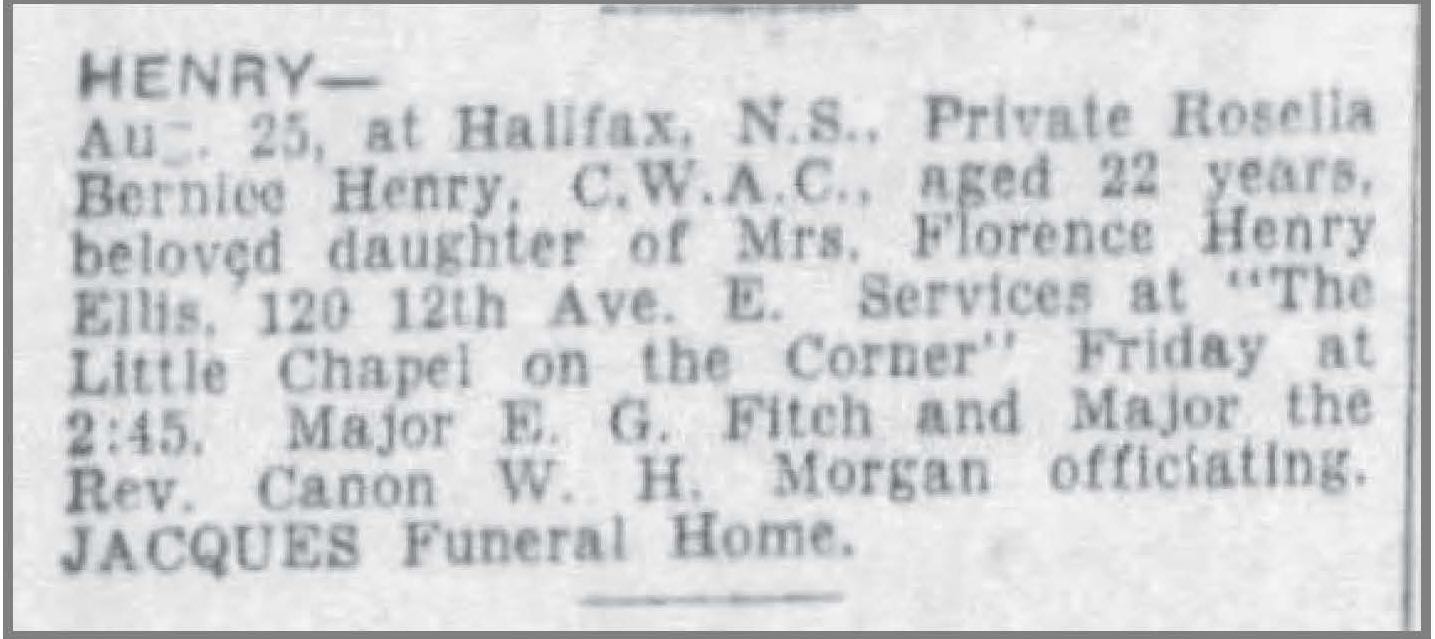

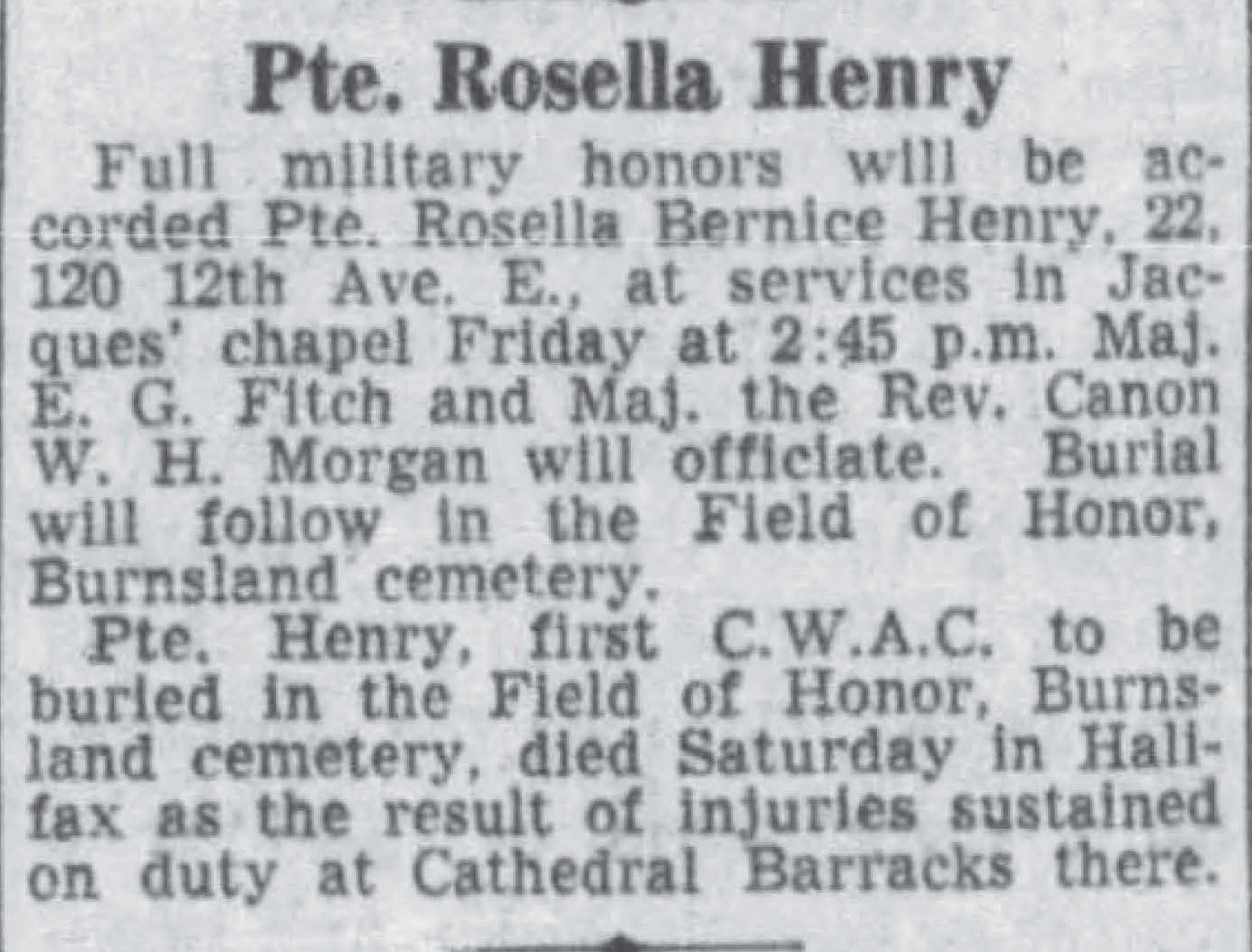
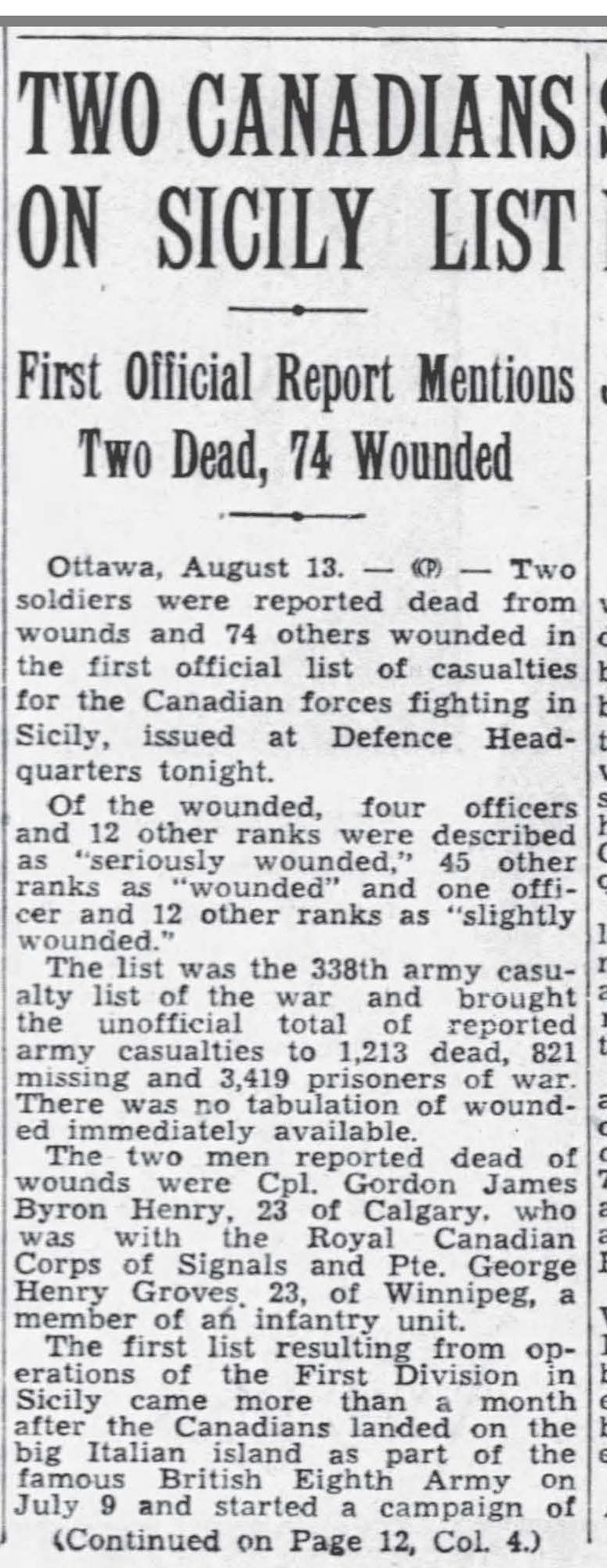
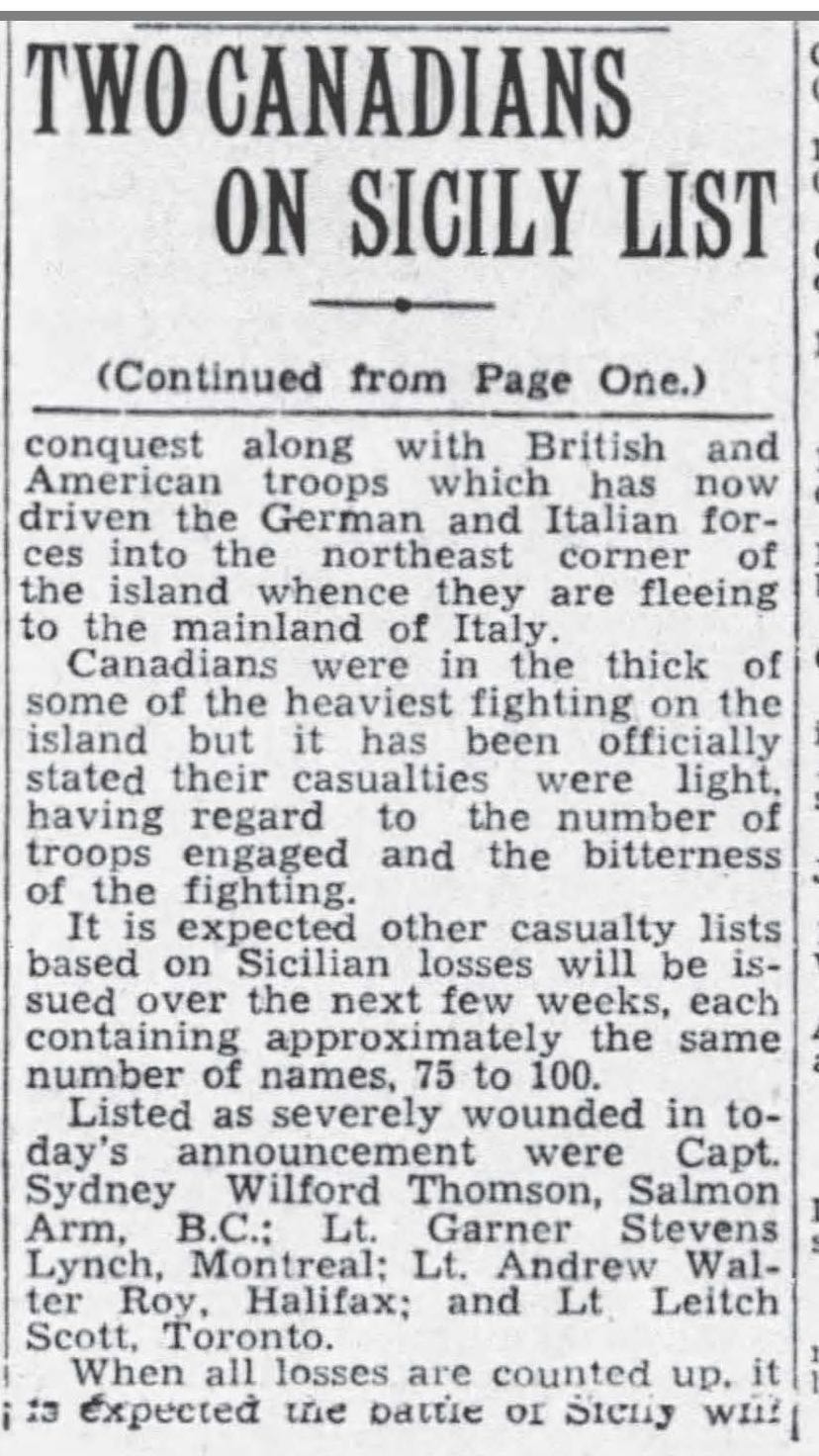
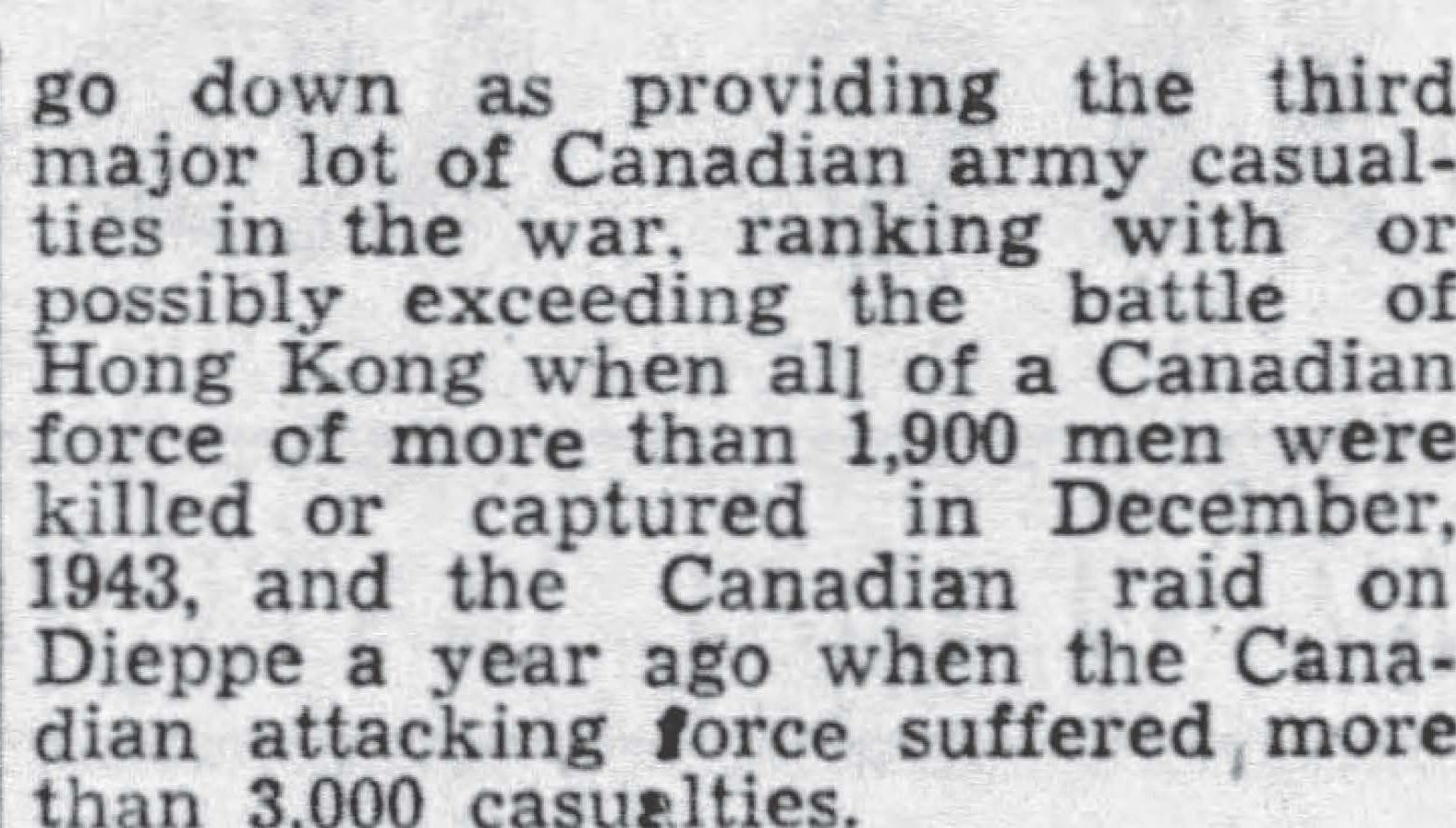
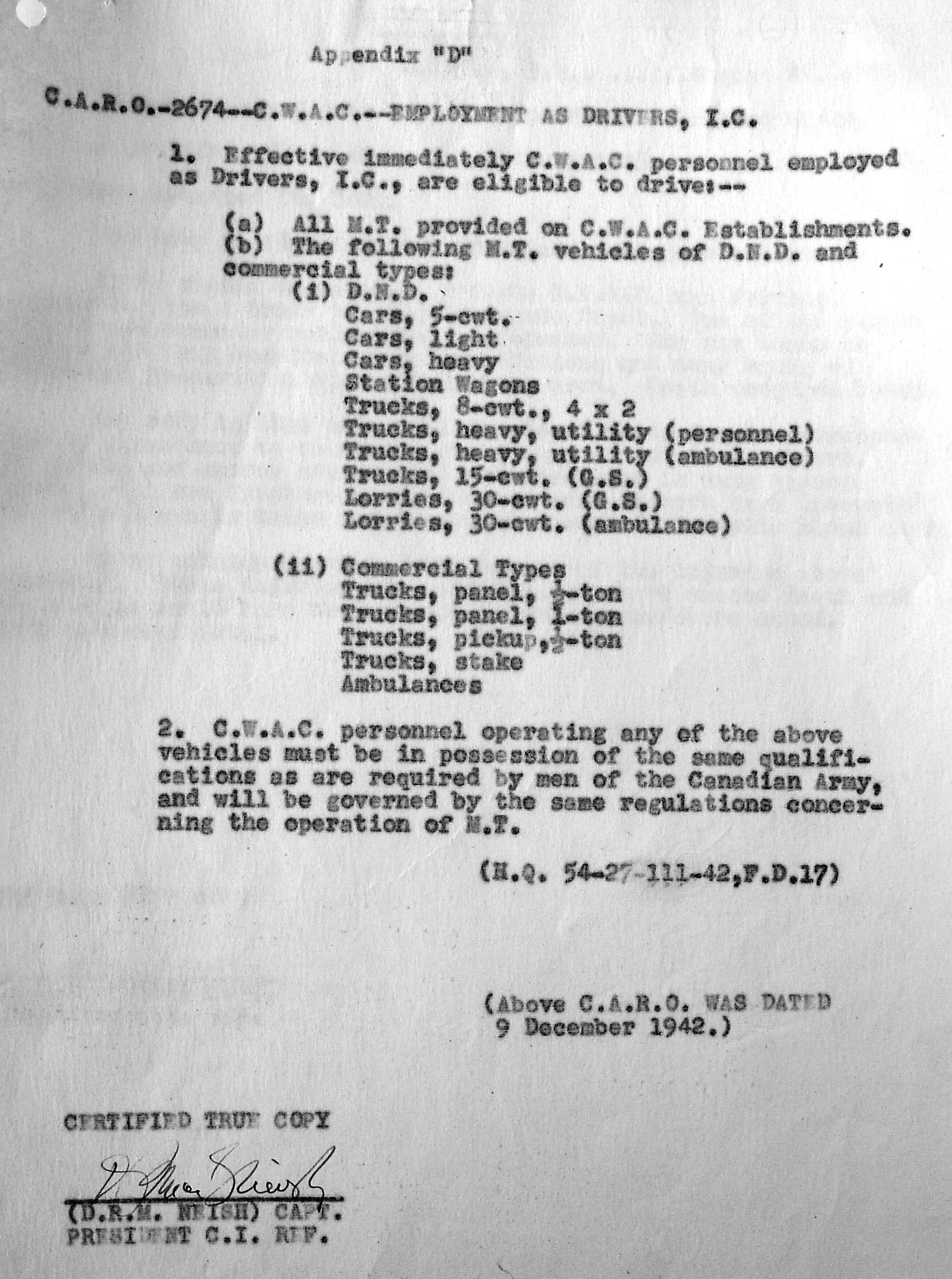
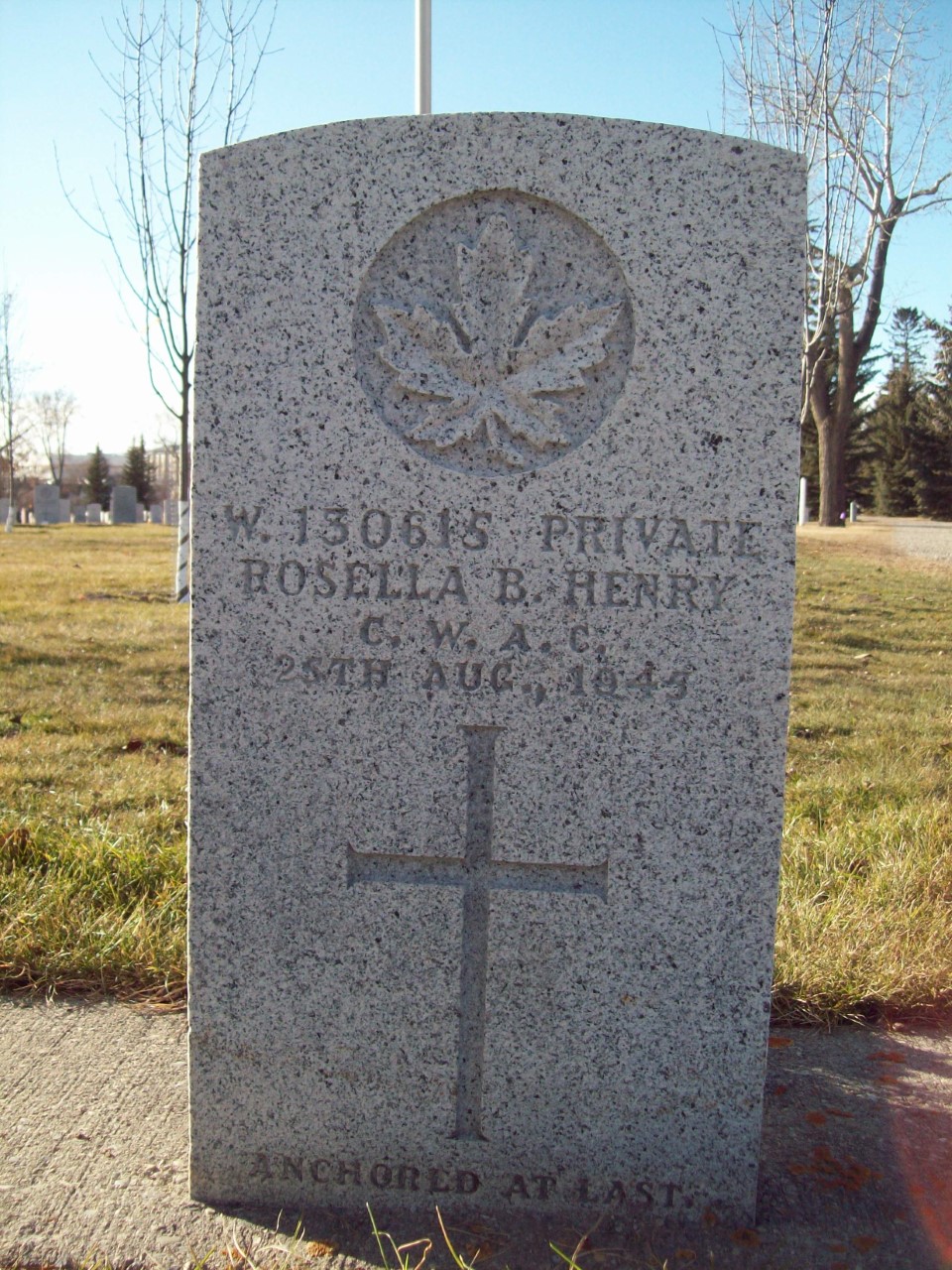
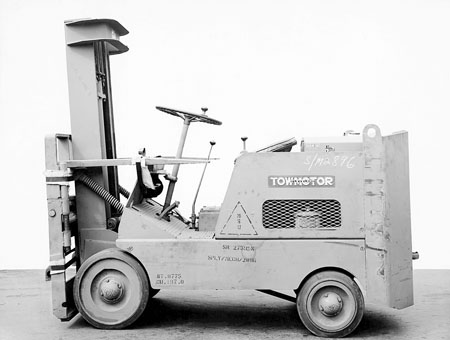
July 31, 1923 - August 25, 1945









Rosella Bernice Henry was the daughter of Florence Ellis, originally from North Dakota, residing later in High River then Calgary, Alberta. Her biological father, Joseph Byron Henry, was from New Brunswick and died April 20, 1936. Mrs Henry remarried Mr. Ellis. Rosella had two brothers: Gordon James Henry and Joseph Samuel John Henry, a sister, Esther Faith Patricia Henry and one half-sister, Maxine Margaret Gall. Two infant sisters, Victoria Dorothy Rose Henry, died at seven days old in 1926 and Gloria Mattie Joyce Ellis, died at the age of 18 months. The family was Anglican.
Rosella had a Grade 8 education, finishing at age 15. Her last school was Carberry School in Carberry, Manitoba. She liked math and spelling best. She did take some Grade 9 for eight months, including some typing. She left school due to lack of finances. At one point, she was living with her mother and step-father in Calgary, along with her sister and step-sister. She liked dances over shows and liked to be active. She wanted to be a nurse but was handicapped by lack of education. She read magazines.
Prior to enlisting, Rosella worked in housekeeping and laundry for several years before becoming involved in maintaining airplanes at De Winton, Alberta, south of Calgary, near Okotoks. She enlisted when the De Winton base closed. Her score on the 'M' test was considerably above range of CWAC scores and particularly high in relation to her formal education.
Rosella Henry enlisted on August 4, 1944 in Calgary and her mother was her next of kin. She stood 5' 6 1/2" tall, weighing 165 pounds. She had green eyes and dark blond hair. She had a small scar on her left index finger and had no psychiatric disabilities as per her medical form.
Pte Henry completed her Basic Training in Kitchener, Ontario on December 29, 1944. On her evaluation, she was said to have been “…a big girl who likes barrack life, drill and lectures. Her progress, attitude and adjustment are good.” She impressed her instructors, who noted that she had "…considerable above average ability, seems quite conscientious and serious minded and would fit well wherever placed.” Rosella’s initial preference was to become a parachute packer, but she expressed a desire to work with machinery or tools when her first choice of careers was not available. Her third choice was to train as a cook.
In November and December 1944, Pte Henry was having some medical issues and admitted to the Kitchener Military Hospital for conjunctivitis and Vincent's Infection (dental and gum issues). She was given eye washes, sulfathiazole eye ointment, heat to face, boracic ointment to face, APC&C, mouth wash. She was given one dozen oranges and was to drink one pint of milk daily for two weeks. She had her upper right molar removed on November 28, 1944, and then on December 9, 1944, she had all her upper teeth removed. "There has been some pain by no unusual reaction." She was discharged from the hospital on December 10, 1944.
Pte Rosella Henry travelled across Canada to Halifax, Nova Scotia by January 1945, where she worked at No. 6 Depot, earning $1.10/day and then $1.20/day. She was a storewoman there. On May 28, 1945, Henry volunteered for Pacific duty, but she would not leave Canada during the War.
Pte Rosella Henry died on August 25, 1945 at 3:00 a.m. at the Halifax Military Hospital from injuries she sustained in an accident. Excerpted from a letter written to her mother, dated August 28, 1945: “It is with extreme regret that I inform you of the death of your daughter...Rosella died as a result of injuries sustained while on duty with her Unit: Royal Canadian Ordnance Corps. Lt. Wigmore, who is accompanying your daughter home, will give you the details we have on hand at this time. The death of Rosella has left us with deep feeling of loss as she was a very willing worker, very adept to her job, pleasant personality and had the respect of her Officers. The accident took place at approximately 4:30 pm on the 23rd of August 1945 when she was driving a tow motor from a low loader ramp to the ground. In some manner, the tow motor which she was in charge was overturned, resulting in the fatal accident. Rosella was instantly taken to the hospital and given immediate attention....the efforts proved unsuccessful. She passed away at approximately 3 o’clock on August 25, 1945.”
On her medical form, it was noted Pte Henry was pinned under the crane tractor for 4-5 minutes before it was possible to lift it off of her. The tractor weighed 6000 pounds. She did not lose consciousness and had no concussion. On admission to the hospital, she complained of some difficulty breathing and pain in left lower chest, pain around pelvic girdle, numbness in limbs and pain on movement of limbs. She was in shock. Intravenous plasma was started. Her condition continued to be very serious. They gave her glucose saline and more plasma, with blood transfusions. Her bladder had been ruptured as well. By 2359 hours on August 23, her condition improved. She was given oxygen and penicillin. At 0630 hours on August 24, 1945, her colour and condition improved She was clearer mentally by 0930 hours. However, at 1430 hours, she suddenly became cyanosed and collapsed. Her breathing stopped and artificial respiration was carried out. Early on 24 August 1945, Pte Henry's conditions remained essentially the same, but she was responding less to stimulants. She died at 0300 hours.
The Court of Inquiry on August 24, 1945 stated, "EVIDENCE: On 23 Aug 45, at approximately 1630 hours W 130615 Pte R. B. Henry Special Distributing Depot, RCOC was driving a tow-motor from the Roundhouse to the main warehouse on the low-loader. The low-loader was driven by Pte Bieth who backed it up to a cement ramp at door 23 where chocks were placed under the wheels. Skids were then placed to the back of the low-loader. These skids are made especially for loading heavy equipment. Pte Henry got on the tow-motor and started to drive off very slowly. As the two wheels got on the skids, the left hand skid slid off and she was thrown from the seat of the tow-motor into the cement ramp and the tow-motor fell on top of her. A crew of men were obtained as quickly as possible, the motor lifted from her, she was placed on stretcher and subsequently rushed by ambulance to the hospital. MEDICAL EVIDENCE: Death resulting from fracture of pelvis, severe damage to soft tissues of pelvis and abdomen, fracture of ribs, left. FINDINGS OF COURT: 1. Pte Henry...received multiple injuries in an accident on 23 Aug 45 from which she died on 25 Aug 45. 2. That at the time of receiving the above injuries, she was the operator of a tow-motor. 3. That she was on duty at the time of the accident and from evidence was not to blame. 4. That the accident occurred on the said date at approximately 1630 hours when a tow-motor operated by Pte Henry was being unloaded under its own power from the low-loader. 5. That the method used for unloading the tow-motor from the low-loader was to drive the tow-motor off the low-loader by its own power using two skids to bring it onto the ramp. 6. That before the above was done, all safety precautions were taken, that is to say the air brakes of both the tractor of the low-loader were applied; the tractor of the low-loader had been placed in reverse gear and the wheels were chocked with the regulatation scotches, these being placed against the trailer vehicle. 7. That the skids depend on weight and pressure to be kept in place when loading or unloading anything on the trailer and the Court by measurement found that the ends of the skids rested over the steel support a distance of 7/8". This was the maximum allowance with the skid ends right up against the body of the trailer. 8. The Court found that the said skids were not attached in way to trailer, and also found by demonstration that when loading a tow-motor from the trailer and under similar circumstances, and at the spot where the accident occurred, the skids moved to some degree. One skid in point of fact moving backwards 1/2" allowing only a safety margin of 3/8". 9. It is the opinion of the Court that the maximum safety margin of 7/8" being so small that in some way when Pte Henry was unloading the tow-motor, one skid was pushed back off the steel support, and in falling, caused the tow-motor to upset and fall to the concrete ramp, causing her injuries and eventual death. 10. That no CWAC was eligible to operate the tow-motor. 11. The evidence does not disclose any negligence or carelessness on the part of L/Cpl Borden, Pte Bright, Pte Bieth, or Pte Burke. 12. The tow-motor was undamaged by the accident." Lt. H. O. Hessell Death was deemed accidental.
In an appendix EMPLOYMENT AS DRIVERS, CWAC, dated December 9, 1942, it was noted what vehicles they were permitted to drive. See image above.
Pte Burke, one of the witnesses stated: "While unloading the tow-motor off a loader, I saw one of the planks slip, which threw the tow-motor off balance, and, at the same time, the driver either threw herself, or fell down on the ramp. She tried to scramble out of the way of the falling tow-motor but seemed unable to do so. The tow-motor had fallen on top of her before any of us could do anything to help her." Another of the witnesses said that Pte Henry was one of his regular tow-motor drivers and in his opinion, one of the best. The tow-motor was used for stacking cases or moving heavy equipment within a warehouse. At that time, it was moving gun parts.
On August 24, 1945, Mrs. Ellis received a telegram: "Sincerely regret inform you W130615 Henry Rosella Bernice reported dangerously ill as a result of an accident while on duty. STOP. Admitted Halifax Military Hospital.
On October 1, 1945, Mrs. Ellis wrote to Lt. R. Wigmore: "It was with shock and grief I received from Dept of National Defence, Estates Branch, Ottawa, this morning a list of dear Rosella's things to arrive very soon...Please can I be informed as to the whereabouts of the rest of dear Rosella's personal effects? Why must deceased service personal effects go astray? It was the same with her brother overseas deceased...when shall I hear from Major Maggie Down, please, who was with my dear daughter until death and others I asked of in previous letters? Trusting you are well and others but I am under a great strain of it all and did hold up fair for a time but I feel it more and more now and heart is crushed. We visit the grave each Sunday and take flowers."
On October 4, 1945, Lt. Louise Leslie wrote to Mrs. Ellis: "It appears to me by correspondence passed to me by Lt. Wigmore that you did not receive my letter written to you 27 Aug 45. At the time of Rosella Henry's death, I was her acting CO. I can assure you that all was done that was humanly possible to save the life of your daughter. The finest surgeons and consultants from both the Army and Navy were in attendance from the time she was taken to the hospital until the end. Rosella was conscious practically until she passed away and as I was with her until an hour before her death, I can say she suffered no pain and did not know how badly she was injured. The accident has been investigated and was found that no one was to blame and there seemed to be no contributing factor to clarify the cause of the accident. I believe Lt. Downes and Lt. Wigmore were able to tell you some of the details. Rosella was a popular member among her fellow workers and had the respect of all the Officers who recognized her in a willing and efficient worker. We recognize your loss also as a loss to us, her associates, and the Corps as a whole...If we can give you further help, do not hesitate to write and will be only too glad to assist you."
On October 9, 1945, Mrs. Ellis wrote a grief-filled letter to No. 106 Dept Coy, Halifax, Noval Scotia to Lt. Louise Leslie. "...May I say that only those who have experienced as I have and at four different times can only understand the suffering and heartache I have experienced since my dear daughter's death. Let me tell you, her daddy passed of attack away from us all and only had the remains and funeral as with dear Rosella. This was even more than I could have with her dead brother who passed away overseas. Likewise, I lost a brother some years ago I dearly loved and could not be with, neither could we of the family be with the burial. So after all this I know only too well the strain and heartache of it all. So if I appear persistent or it any way crude, you will know it is my experience that has led me to this. And then after all there is scarcely a human but when a loved passes away they want to be near for that last look and last words are always treasured. As was the case with my dear son overseas whom I dearly loved, I could not be with him, but so fortunately for me the dear Nurse (British) away at (69th) General Hospital North Africa told me in a letter a full description of his case from day of entering hospital and the three weeks until death and she was with him then it was not possible I could have received a fuller description of it all and I treasure that. She must be a wonderful person I gather that from her letters and I feel sure of that. I wish you could read those letters now likewise that Rosella only lived a short time surely you could tell me more than you have. Tell me the few words she spoke for I know the dear girl was always rather quiet. What were her last words? Did she mention Mother, home, or loved ones or what was her passing peaceful and without a struggle? Was she under hypoes or drugs to lessen the pain or suffering if she could have felt it?" She listed a Kodak camera, suitcase, housecoat, slippers, rain coat and a pen and pencil set that were missing. "I cannot write any more at present. But many thanks and acknowledge a letter from Lt. Wigmore and Lt Marquerite Downes and will answer their's later."
On October 22, 1945, a memo was written in regard to Rosella's mother's concern over certain missing articles belonging to Rosella. "The interview lasted for over an hour and Mrs. Ellis talked consistently throughout it. However, she seemed quite positive in her outlook regarding the present situation. She went into great detail regarding how she felt about the loss of her daughter as well as the son she had lost several years ago. There is no doubt that she is highly emotional and would appear to get very upset over little things going wrong as well as the case of real tragedy. She seems to have an over-developed imagination and consequently get emotionally involved about things that would not upset the average person...she felt that the censor must have destroyed a letter because there were details about the accident they did not want her to know...There does not appear to be need to take any action at the moment as Mrs. Ellis is quite happy to wait to see how things turned out. She is to notify this office if she has any problem she wishes to discuss." Captain R. N. Talbot, District Social Service Officer, MD 13, Halifax.
Pte Rosella Bernice Henry is commemorated on page 524 of the Second World War Book of Remembrance. She is the first CWAC to be buried at Burnsland Cemetery, Calgary, Alberta. Her funeral took place on August 30, 1945.
Her brother, Gordon James Henry of the Royal Canadian Corps of Signals, died on July 27, 1943 of wounds [broncho pneumonia from complications of extensive burns while rescuing men from the hold aboard a burning and sinking troopship during the first convoy, Sicily Invasion, according to Mrs. Ellis's letter to the Minister of National Defence, January 9, 1945] received on July 5, 1943, and is buried at the British Military Cemetery at Oued Ghir, La Reunion, in Algeria. Rosella’s step-father, Mr. Ellis, was also serving with the Canadian Army.
Thank you to A. Borys, Calgary, for assisting in the writing of Rosella's story.
LINKS: